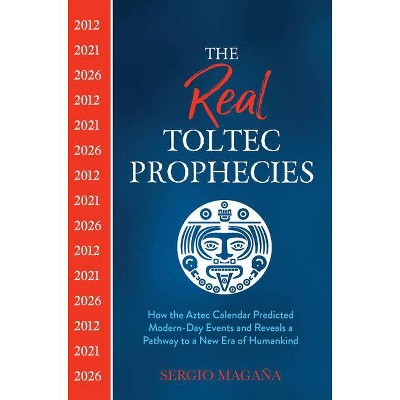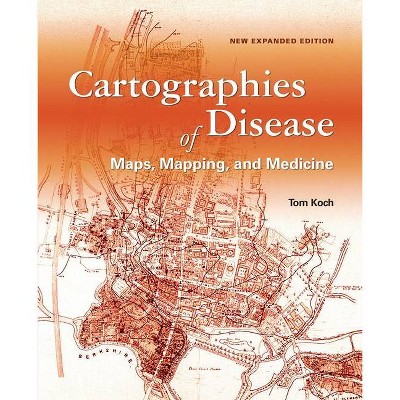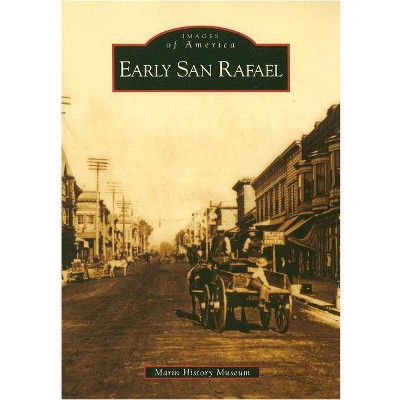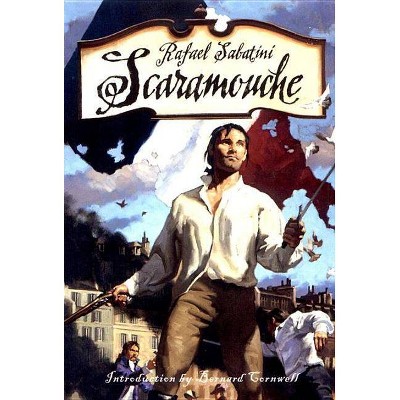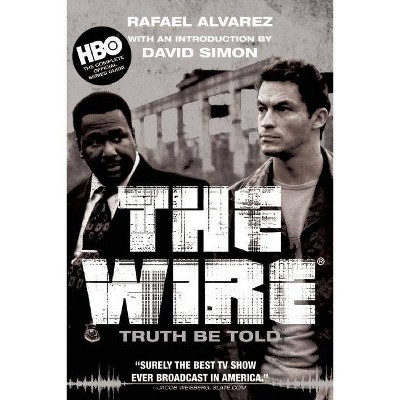Cartographies of Youth Resistance - by Maurice Rafael Magaña (Paperback)
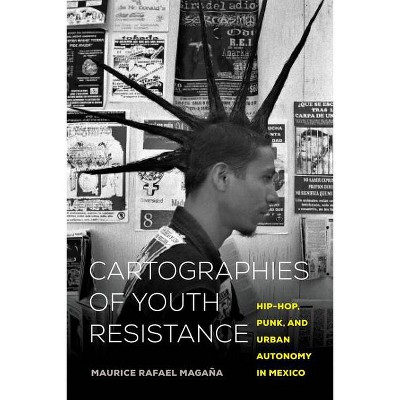
Similar Products
Products of same category from the store
AllProduct info
<p/><br></br><p><b> About the Book </b></p></br></br>"In his exciting new book, based on a decade of ethnographic fieldwork, Maurice Magaäna considers how urban and migrant youth in Oaxaca embrace subcultures, from hip-hop to punk, and adopt creative organizing practices to create meaningful channels of participation in local social and political life. In the process, young people remake urban space and construct new identities in ways that directly challenge elite visions of their city and essentialist notions of what it means to be indigenous in the contemporary era. Cartographies of Youth Resistance is essential reading for students and scholars interested in youth politics and culture in Mexico, social movements, urban studies, and migration"--<p/><br></br><p><b> Book Synopsis </b></p></br></br>In his exciting new book, based on a decade of ethnographic fieldwork, Maurice Magaña considers how urban and migrant youth in Oaxaca embrace subcultures from hip-hop to punk and adopt creative organizing practices to create meaningful channels of participation in local social and political life. In the process, young people remake urban space and construct new identities in ways that directly challenge elite visions of their city and essentialist notions of what it means to be indigenous in the contemporary era. <i>Cartographies of Youth Resistance</i> is essential reading for students and scholars interested in youth politics and culture in Mexico, social movements, urban studies, and migration.<p/><br></br><p><b> From the Back Cover </b></p></br></br><i>"Cartographies of Youth Resistance</i> wraps trenchant analysis of how contemporary social movements keep energized and live through time, space, and repression with activist ethnography that keeps you turning the pages. Revealing the aesthetics, horizontal organizational strategies, and epistemologies behind one of the twenty-first century's most creative social movements, Magaña vividly paints urban Indigenous and migrant youth as creators of new models of politics and culture that are crucial for our time."--Lynn Stephen, Philip H. Knight Chair and Distinguished Professor of Anthropology, University of Oregon and author of <i>We are the Face of Oaxaca: Testimony and Social Movements</i> <p/> "This is a beautifully written book that analyzes the life and transformation of one social movement: youth activists in Oaxaca, Mexico, who cohered into a movement after the 2006 civil uprising in that city. Magaña's ethnography shows how this sector created a counter-space of resistance and autonomy in militarized neoliberal Mexico by drawing on a diverse repertoire, including punk and hip hop as well as indigenous customs, and then diminished in the following decade. An important contribution to the literature on social movements, indigeneity, art, urban politics, and neoliberalism."--Nancy Postero, author of <i>The Indigenous State: Race, Politics, and Performance in Plurinational Bolivia</i> <p/> "With deep ethnographic research, keen political analysis, and fine aesthetic sensibilities, Magaña brings into sharp focus one of the most creative youth movements of recent times. Scholars and activists alike will be engaged by his compelling portrayal of the hybrid social movement expressions that have emerged in urban Oaxaca."--Edward J. McCaughan, author of <i>Art and Social Movements: Cultural Politics in Mexico and Aztlán</i> <p/> "An extraordinary ethnographic window into the enduring afterlife of the 2006 Oaxacan social movement. Urban indigenous and migrant youth decolonized political and cultural space from below, with horizontal practices of 'comunalidad' and consensus, and a rebel aesthetics of music, murals, graffiti, and dance. These marginalized youth claimed Oaxaca back from picturesque 'heritage tourism, ' enacting an inclusive, indigenous-based citizenship in the process. In Magaña's capable hands, we rightfully see these youths as transformative agents of urban geographies, the political future of a decolonized continent."--María Josefina Saldaña-Portillo, author of<i> Indian Given: Racial Geographies across Mexico and the United States</i> <p/> "<i>Cartographies of Youth Resistance</i> a provides an intense and informed analysis of how youth in Oaxaca utilize performance venues and networks of associations to organize and carry out continuous revolutionary actions that burst through artistic expressions. The seeming quiet resulting from repression is constantly challenged by performative discontent, and we can begin to fully understand how this activism will never cease nor be defeated."--Carlos G. Vélez-Ibáñez, author of <i>Reflections of a Transborder Anthropologist: From Netzahualcóyotl to Aztlán</i><p/><br></br><p><b> Review Quotes </b></p></br></br><br>"Magaña's greatest contribution is his ethnographic work about punk culture in Oaxaca. . . . The punk scene is often regarded as the rebel kid of white privilege. Magaña shows us another point of view regarding the deep complexities of this group. . . . This book serves to benefit anyone studying globalization, transculturation, multiculturalism, hybrid cultures, and interculturalism in Latin America."-- "Mobilizations"<br><br><p>"In short, <i> Cartographies of Youth Resistance</i> provides a compelling take on the role of Indigenous young people in the spatial construction of social movements. The insights developed in the book are not only useful for understanding social movements in Mexico; they can also be adapted for thinking about youth activism in many contexts throughout Latin America and elsewhere."</p>-- "Journal of Latin American and Caribbean Anthropology"<br><br>"The book's wealth of ethnographic data on a too-little studied corner of the world opens the door for others to join and extend the valuable dialogues that Magaña and his collaborators in Oaxaca established."-- "Anthropological Forum"<br><br>"The book is an ethnographic treasure-trove. Rich in information, it sheds light on the complexity of local politics and social movements. More than anything else, it is the depth of Magaña's analysis, capturing the youth's interconnected understanding of race, politics, and subcultures, that makes this book a must-read for researchers of social movements in the Americas, and beyond."-- "Anthropology Book Forum"<br><p/><br></br><p><b> About the Author </b></p></br></br><b>Maurice Rafael Magaña</b> is a sociocultural anthropologist and Assistant Professor of Mexican American Studies at the University of Arizona.
Price History
Price Archive shows prices from various stores, lets you see history and find the cheapest. There is no actual sale on the website. For all support, inquiry and suggestion messagescommunication@pricearchive.us

